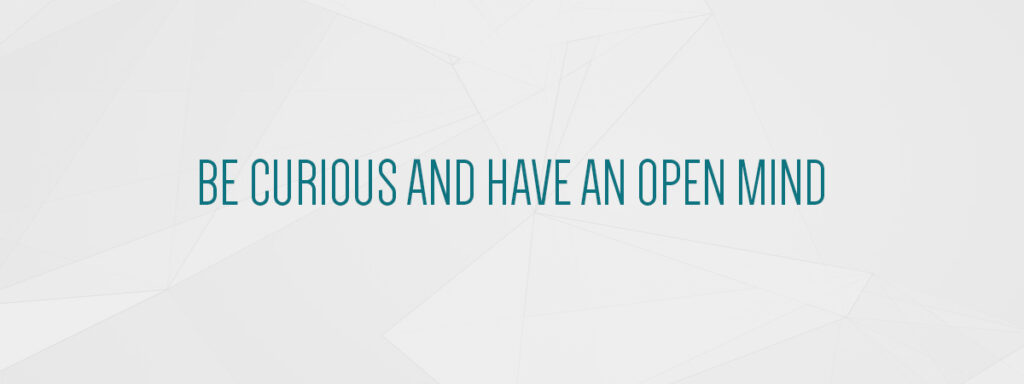

Most of us are less than what we could be. We have great potential and capacity, but most of it is underdeveloped or dormant. Improving our thinking skills is like improving our yoga practice, playing piano or practicing language skills. It won’t happen if we don’t consciously commit to learning.
Developing our critical thinking skills is a life study that’s definitely worth pursuing, because thinking critically is the pinnacle of experience and knowledge. So what exactly is critical thinking? In essence critical thinking is the ability to systematically and deliberately process information so that we can generally understand things better and make better decisions.
Critical thinking includes the ability to conceptualize, analyze, synthesize and evaluate information that can come from sources like communication, reflection, experience, observation and reasoning. Keep in mind, most thinking moment-to-moment happens automatically, but if you want to think critically, you have to deliberately employ the above mentioned intellectual tools to reach an accurate conclusion.
So how can we sharpen and develop our critical thinking skills? Here are our TOP 10 tips to improve critical thinking.

#1 Learn Something New Every Day
Lifelong learning is about making learning an ongoing journey. It’s not necessarily about mastering a language or musical instrument, but rather about learning something new that you didn’t know before. Ask yourself what you have always been curious about and then go after it and don’t stop until you find all the answers you are looking for. This quest for new information is about developing your curiosity habit and fulfilling your intellectual need. Sure, if you have higher learning ambitions, go for it and take your knowledge to a whole new level, but ultimately it’s not about what you learn but the new neural connections that you create that will contribute to your overall brain health and improved cognitive function.
#2 Develop a Questioning Mind
Since the beginning of time, our human mind has asked profound questions about pretty much everything under the sun and it’s important to continue to question and explore everything and anything. Asking questions is a great thing and being able to ask meaningful questions leads to meaningful answers, which are key to lifelong learning and critical thinking. Drive your learning with questions and don’t just passively accept information. And when someone tells you something, consider the source and the circumstances, how they said it, why they said it and what they actually wanted to convey.
#3 Improve Your Active Listening
Most people are just waiting for their turn to speak and if this is the case, is that person actually listening? Most people believe that listing is easy, but in reality it is actually quite challenging. Active listening requires a concerted and conscious effort to hear what is actually being said and understand the message. This means that you talk less, mentally open your mind to receive the message, make your conversation partner feel comfortable, remove distractions, embrace silence, empathize, put aside all judgement and pay attention to non-verbal communication.
#4 Focus on One Problem
Problems don’t go away on their own whether they are problems that happen without our influence or are of our own constructs. However, the secret to solving your problems is to tackle them one at a time while at the same time learning how to avoid them in the future. Choose one problem each day and give your undivided attention to finding a solution. Face your problem head on, fix it and get on with more important things in your life.

#5 Question Basic Assumptions
When you are trying to solve a problem, it’s quite natural to make certain assumptions. However, it is important to question those basic assumptions and wonder if those assumptions are right or wrong. The greatest innovations in history from Newton to Einstein happened when they were questioning their assumptions. Critically evaluate your beliefs about what’s possible, appropriate or prudent and once you question your basic assumptions, magic happens.
#6 Reverse Things
We live under the impression that X causes Y. But if you are trying to solve a problem, try to imagine that Y causes X. It’s the classic ‘chicken and egg’ problem. It seems obvious that the chicken had to come first because the chicken lays the egg. But then you realize that the chicken had to come from somewhere, so it had to be that the egg comes first. Even if it turns out that the reverse isn’t actually true, considering the reverse can set you on a path of finding the right solution.
#7 Think for Yourself
A lot of times when we do research, we completely forget to think for ourselves, which is our most powerful tool. Of course you don’t want to be overconfident and think you know all the answers, but thinking for yourself and questioning what you hear and read is essential to finding the answers to tough questions. Don’t take every word at face value, but think for yourself. Don’t just follow along with what everybody else is thinking. Sure, it’s the easy way out, but are you finding the truth?
#8 Ask Basic Questions
When we think of critical thinkers it’s tempting to imagine that they only ask complicated, convoluted questions when they are seeking an answer. However, in reality the opposite is true. The more you sharpen your critical thinking skills, the more clear and fundamental your questions become. Learn to break down your questions and get to the heart of the problem by interrogating it for a simple solution before you assume complexity.
#9 Adjust Your Perspective
We all have biases that are ingrained in our thinking, however, it’s important to adjust our biases and perspectives. Be aware of your biases and preconceived notions and deliberately expose your mind to other ways of thinking. Instead of always sticking to a certain news source, read more widely. Pick up a book that is outside your usual realm, deliberately choose empathy exercises that place you in the shoes of an unfamiliar person. See things from different perspectives and this will allow you to sharpen your critical thinking skills.
#10 Develop Foresight
Of course it’s very unlikely that any of us will become a psychic anytime soon, but we can learn to get better at predicting the impact of the decisions we make and the things we say. Good foresight is an invaluable asset no matter what you are trying to achieve. If you can see the consequences of your decisions further down the line, you’ll be better equipped whether you are trying to push your business forward, land a job or attempt a date.
Critical thinking is important because it allows us to continually develop intellectually, helps us make difficult decisions and is a key element to success. While it takes time to develop it, it is definitely a worthwhile pursuit. You will learn a whole bunch of new and interesting information and may uncover unexpected surprises that move you forward in life.
BE CURIOUS AND HAVE AN OPEN MIND
Joschi & Monika
#BoldNaked

Pingback: Nudie News